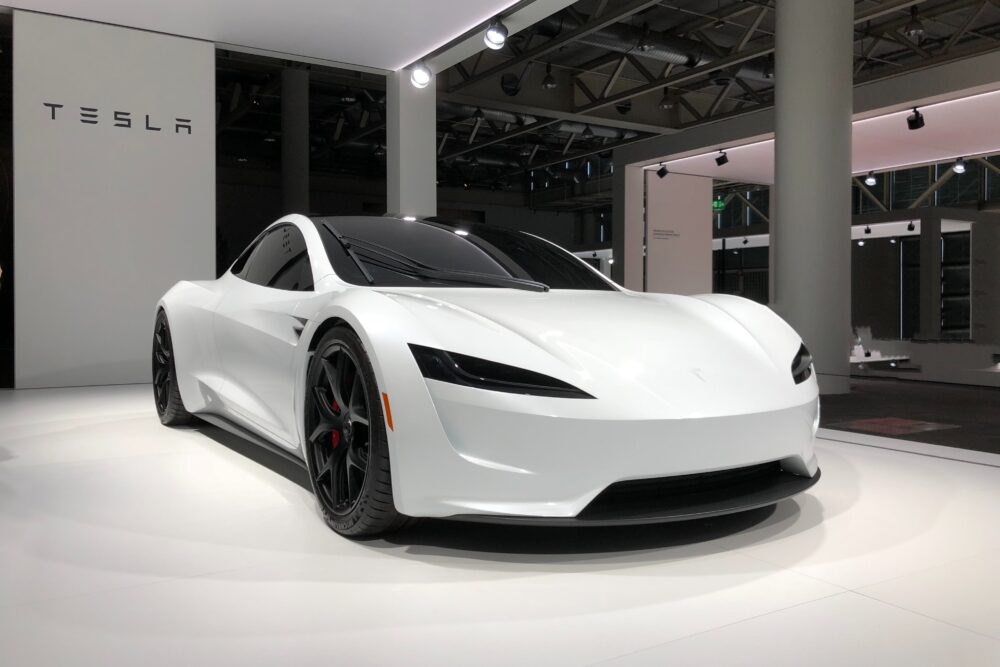Over the past few decades, the issue of global warming and climate change has been at the center of international discourse. At the forefront of this discourse is the evolution from gas-powered vehicles to Electric Vehicles (EV) to tackle significant carbon emissions.
Following this attempt to evolve from gas-powered vehicles to electric vehicles successfully is the debate on if these so-called ‘eco-friendly’ electric cars are truly as sustainable as advertised. This argument makes its way into social media and newspapers now and then.
The debate on whether electric cars are sustainable can get very heated at times, particularly in places like Norway, where some Norwegians have called for a ban on electric vehicles.
🏆
The 2024 Creative Retail Awards are open for entries.
The Creative Retail Awards are much more than a mere accolade; they represent the pinnacle of achievement in the retail industry. Garnering a nomination or winning one of these awards is a testament to innovation, excellence, and leadership.
www.creativeretailawards.com
Who could have ever imagined that sometime shortly, anybody would ask that a revolutionary invention such as the electric car should be banned?
Campaigners against electric cars in Norway demand an outright ban on the vehicles or, at least, the benefits of driving an electric car to be removed. These benefits include free parking, exemption from road tolls, and permission to operate in bus lanes.
The main point of the argument is that the incentives that come with owning an electric car do not correspond to its benefits on the climate. But are electric vehicles genuinely sustainable? And are the incentives owners of electric cars enjoy worth the climate benefits?
Before diving straight into answering these questions, let us take a brief look at the primary difference between conventional cars and electric cars.
The Fundamental Difference Between Gas-powered Cars and Electric Cars
The main difference between conventional gas-powered vehicles and electric cars is in the process through which they transform stored energy into kinetic energy.
For gas-powered vehicles, the potential energy is stored in a chemical form which, through a chemical reaction in the engine, is released.
Although they have chemically stored energy as well, electric cars, on the other hand, due to their lithium-ion batteries, release their potential energy electrochemically without any form of combustion.
This means that the electric car, in the process of converting stored energy to motion, does not burn fuel, and as a result, the pollution of the air with CO2 while driving is eliminated. Electric cars are also very efficient compared to fossil cars.
Another main difference is the cost of owning these vehicles. On average, the outright payment for an electric car is more than that of a conventional vehicle. For example, the Tesla Model 3 price UK is about £48,000, while a gas-powered Kia K5 sells for around £22,000.
The difference in prices might prompt hopeful car buyers to opt for the conventional thermal-powered vehicle. However, regardless of this, it is cheaper to run and maintain an electric car than a gas-powered car.
The Tesla 3, which ranges from around £2.53 to charge every 100 miles, is among the cheapest electric cars on the market. In a year, it would cost an average of £379.5 to power a Tesla 3 (if it runs around 15,000 miles yearly)
With current gas prices in the UK, it would cost £24,000 to fuel the Kia K5 over the same 15,000-mile distance in a year.
So is this a clear win for the electric movement? Are electric cars and vehicles greener?
Yes, electric cars are more sustainable and Eco-friendly than conventional gasoline vehicles. For one, the electric car is a potent weapon at the forefront of the world’s battle against global warming. However, there are several dynamics to their sustainability.
Although on the central stage, the use of electric cars has significantly reduced carbon emissions, their impact varies from one country to another. In some countries, using electric cars causes just as much pollution as using a gasoline vehicle.
For countries where the energy used to charge electric vehicles comes from anything aside from wind turbines, solar panels, hydroelectric or nuclear sources, the sustainability of these electric cars is usually defeated as there will still be even higher carbon emissions.
Even though electric cars do not directly pollute the environment if the source of electricity used to charge them comes from burning fossil fuels, the purpose of their development is ultimately defeated.
According to data analysis from Radiant Energy Group (REG), a research consultancy body, Kosovo and Poland generate more CO2 emissions because their electricity grids still rely on coal fuel.
The situation is much more different in a country like Iceland, which runs almost wholly on geothermal, hydro, and solar energies. The amount of carbon emitted into the atmosphere in Iceland due to driving electric cars is at its barest minimum.
It can be concluded that for electric cars to achieve complete sustainability, the means of producing electricity must also undergo an equal transition from the burning of fossil fuels to greener sources like solar or hydro energy.



















